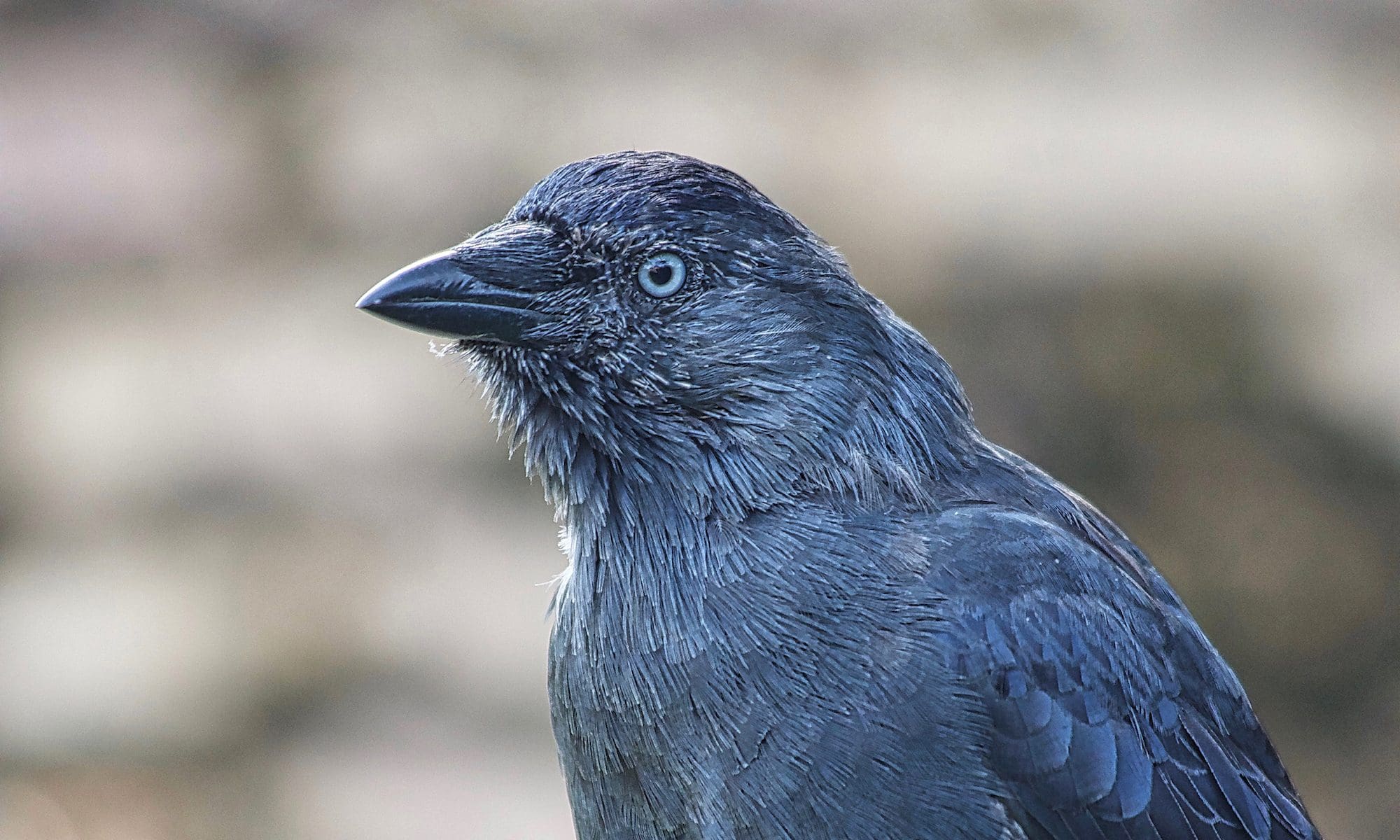It has been said that the eyes are windows to the soul. Research has shown that the apertures of our eyes offer a glimpse into the mind. No doubt that this applies to human and non-human animals. The pupil response to cognitive and emotional events occurs on an even smaller scale than the light reflex, but with the right tools this response is measurable.
When we give a human or non-human being moral consideration, then this simply means that we take into account how they will be affected by our actions, omissions, attitudes and decisions. Sentient individuals, regardless of their species, have morally relevant interests in being alive and in not being harmed, and this does not vary according to the fact whether a species is rare or common.
When I look into the eyes of an animal, I do not see an animal.
Anthony Douglas Williams
I see a living being. I see a friend. I feel a soul.








